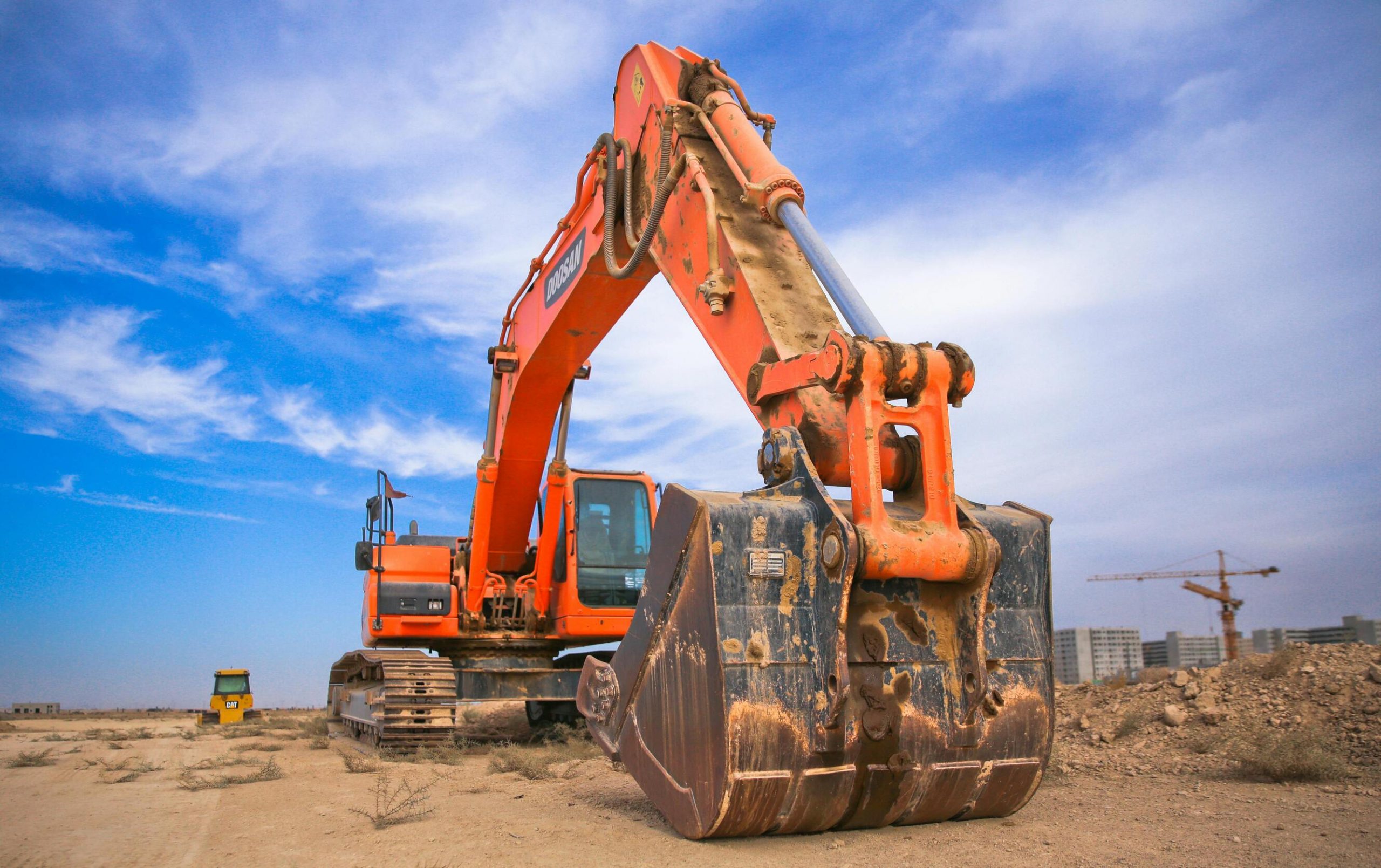If an individual owns or operates machinery in the course of their business activities, it is imperative to have appropriate insurance coverage in place to safeguard their assets and financial interests.
This examination delves into the nuances of machinery insurance, elucidating its significance, the array of machinery that can be covered, and the diverse insurance policies accessible. Furthermore, it delves into the variables that can influence the cost of machinery insurance and offers guidance on selecting a suitable insurance provider.
A detailed delineation of the components that should be encompassed within a comprehensive machinery insurance policy is also provided to ensure adequate protection.
For those looking to shield their machinery and business from potential risks and losses, this exploration of machinery insurance offers valuable insights.
What is Machinery Insurance?
Machinery insurance is a specialized form of insurance designed to provide coverage and protection for equipment and machinery utilized in various industries. This insurance serves as a financial safeguard against risks such as machinery breakdown, property damage, and business interruption.
Businesses that heavily rely on machinery to facilitate their operations find machinery insurance to be essential. In the absence of such insurance coverage, companies would be vulnerable to substantial financial losses resulting from unforeseen breakdowns, repairs, or replacements. Machinery insurance typically encompasses a broad spectrum of machinery and equipment, including manufacturing machines, construction equipment, agricultural machinery, among others. The coverage options may encompass protection against mechanical or electrical breakdowns, damages arising from external factors, and even compensation for business losses incurred due to machinery downtime.
Why is Machinery Insurance Important?
The acquisition of machinery insurance is integral for businesses as it offers essential coverage to shield against unforeseen circumstances that might result in financial losses. Implementing a comprehensive machinery insurance policy is imperative in order to enable businesses to mitigate risks linked to machinery breakdowns, property damages, and liabilities.
Through the procurement of machinery insurance, businesses are able to protect their valuable equipment and ensure uninterrupted operations. The selection of an appropriate insurance provider and policy can yield a substantial impact on the extent of protection provided. It is crucial for businesses to meticulously assess policy terms, coverage limits, and exclusions to ensure that their machinery and equipment are suitably safeguarded. If there is a claim, possessing appropriate insurance coverage can assist companies in averting significant financial setbacks and preserving their overall financial stability.
What Types of Machinery are Covered by Insurance?
Machinery insurance generally provides coverage for a broad array of equipment and machinery utilized in industrial sectors such as manufacturing, construction, and agriculture. This coverage encompasses protection against machinery breakdowns, property damage, and liability claims.
The scope of machinery and equipment covered by machinery insurance policies can vary according to the specific requirements of individual businesses. Examples of common machinery items that may be encompassed within such policies include industrial boilers, compressors, generators, manufacturing equipment, forklifts, and agricultural machinery.
By procuring insurance coverage for these essential assets, businesses can effectively mitigate the financial risks associated with unexpected breakdowns, repairs, or accidents. This proactive risk management strategy serves to shield businesses from potential losses and guarantees seamless operations even when confronted with unforeseen adversities.
What are the Different Types of Machinery Insurance?
Businesses have access to various types of machinery insurance, including property insurance to cover damage and loss, liability insurance for claims, and business interruption insurance for coverage during operational downtime.
Property insurance plays a critical role in safeguarding business assets, such as buildings, equipment, and inventory, against risks like fire, theft, and vandalism.
In contrast, liability insurance protects businesses from legal costs and damages arising from lawsuits or claims.
Meanwhile, business interruption insurance helps mitigate financial losses by covering lost income and ongoing expenses when operations are temporarily halted due to unforeseen events like natural disasters or equipment breakdowns. By carefully selecting these insurance options, businesses can manage financial risks effectively and maintain operational continuity.
1. Property Insurance
Property insurance under machinery insurance offers coverage for equipment damage and loss. Businesses have the flexibility to select various coverage options and deductible amounts, with the claims process differing based on the policy terms.
This type of insurance holds significant importance for businesses heavily reliant on machinery and equipment for their operations. It serves as a crucial shield against financial losses arising from unexpected events like fires, theft, vandalism, or natural disasters.
When businesses opt for coverage options, they must evaluate their equipment’s value, the potential risks they encounter, and their financial constraints to ensure they possess adequate protection.
Deductibles play a pivotal role in determining premiums, as higher deductibles typically lead to reduced premium costs. However, this requires businesses to bear a greater portion of the expense in the event of a claim.
Comprehending the claims process is vital. This entails understanding the prompt reporting of damages, providing necessary documentation, and collaborating closely with the insurance company to streamline the claims settlement process.
2. Liability Insurance
Liability insurance, a component of machinery insurance, offers protection to businesses against claims related to property damage or injuries caused by machinery. This insurance serves a pivotal role in risk management by furnishing financial security in situations involving liability disputes.
Organizations that include liability insurance in their machinery insurance policies ensure protection against unforeseen events that may result in expensive legal disputes or compensation claims. Should an incident occur where property damage or injuries are caused by machinery operations, liability insurance can alleviate the financial strain on the business. Additionally, this form of insurance contributes to upholding the company’s reputation by showcasing a dedication to responsibility and accountability in addressing any potential liabilities that may emerge.
3. Business Interruption Insurance
Business interruption insurance within machinery insurance serves to provide coverage for financial losses sustained during operational downtime as a result of machinery breakdown or other qualifying events. This type of insurance offers indemnification to assist businesses in recuperating from the repercussions of such interruptions.
A fundamental aspect of business interruption insurance is its capability to not only address the income loss that a business may experience during the downtime but also aid in covering ongoing expenditures like rent, utilities, and payroll. This form of insurance can be a pivotal resource for businesses, particularly small or medium-sized enterprises, as they confront the obstacles presented by unforeseen machinery malfunctions.
By lodging a claim with the insurance provider, the impacted business can initiate the process of receiving compensation for the financial losses incurred, thus mitigating the disruption to their operations and ensuring the continuity of their business undertakings.
What Factors Affect the Cost of Machinery Insurance?
The pricing of machinery insurance is contingent upon a variety of factors, including the nature and worth of the machinery, the geographical location, and the historical claims record of the business. Insurers undertake risk assessments to establish premiums predicated on these components.
The valuation of machinery holds significant sway in dictating insurance expenses, given that machinery of greater value and specialization typically necessitates heightened coverage. Geographical location is also a determinant, as regions susceptible to natural disasters or high crime rates may face elevated premium rates. A business’s track record of claims can serve as an indicator of its risk profile to insurers, thus influencing the rates offered.
To address these variables, businesses can opt to implement advanced security protocols and preemptive maintenance practices to mitigate the likelihood of potential losses, ultimately culminating in reduced insurance premiums over time.
1. Type and Value of Machinery
The category and worth of machinery are crucial factors in determining insurance expenses. Machines with higher values may necessitate higher coverage limits, which can influence the overall insurance expenditure based on their utilization in operations.
Specific kinds of machinery, particularly those with substantial values such as specialized equipment or cutting-edge technology, have the potential to elevate insurance premiums due to the heightened vulnerability to damage or theft. It is imperative for enterprises to accurately evaluate the replacement value of their machinery to ensure they possess adequate coverage.
Through systematic assessments of the worth and risks associated with their machinery, companies can make well-informed decisions regarding the adjustment of coverage limits, facilitating the effective management of insurance costs.
2. Location of Machinery
The geographical placement of machinery significantly influences insurance premiums. Insurance providers evaluate the potential risks associated with various locations to establish appropriate insurance rates, considering factors such as environmental threats and security measures.
For instance, machinery situated in regions susceptible to flooding or in areas with high crime rates may incur elevated insurance costs due to heightened risks of damage or theft. Conversely, opting for secure locations equipped with robust security protocols can help diminish these risks, consequently leading to reduced insurance expenditures.
By strategically selecting optimal sites for machinery deployment, enterprises not only protect their assets but also exhibit a proactive stance toward risk management. This proactive approach can yield substantial insurance savings in the long run.
3. Previous Claims History
The consideration of a business’s prior claims history plays a crucial role in the underwriting process for machinery insurance. Insurers conduct an analysis of past claims to evaluate the risk profile associated with the business and to ascertain the likelihood of future claims.
The maintenance of a positive claims history can assist businesses in obtaining cost-effective insurance coverage. By concentrating on preventive measures and safety protocols, organizations can decrease both the frequency and severity of claims, thereby showcasing to insurers their dedication to risk management.
The implementation of regular equipment maintenance schedules, comprehensive training programs for employees on machinery operations, and investments in safety upgrades all contribute to a reduction in claims history. This proactive approach not only protects the business against potential periods of inactivity and financial setbacks but also bolsters its credibility in the perspective of insurance providers.
How to Choose the Right Machinery Insurance Provider?

It is imperative for businesses to carefully select a machinery insurance provider that can offer tailored coverage options and dependable insurance solutions. Essential steps in this process include researching and comparing providers, verifying the availability of customized coverage, evaluating financial ratings, and examining customer reviews to identify the most suitable provider.
Thorough research enables businesses to assess the degree of coverage flexibility provided by various insurance companies, facilitating the selection of a policy that meets their specific machinery-related requirements. Additionally, assessing the financial stability of potential providers is crucial to ensure their ability to meet insurance obligations in the event of a claim.
Furthermore, giving precedence to customer feedback can provide valuable insights into the quality of service and support offered by insurance companies. Such feedback aids businesses in making well-informed decisions when choosing an insurance provider.
1. Research and Compare Providers
Conducting comprehensive research and conducting a comparative analysis of machinery insurance providers enables businesses to assess the variety of insurance policies available, the underwriting process, and the extent of coverage provided. This process assists in identifying a provider that is in line with the insurance needs and financial constraints of the business.
Exploring multiple insurance providers allows companies to gain insights into the diverse coverage options, premiums, and policy terms offered in the market. Thorough comparison not only facilitates an understanding of the different levels of protection that each provider offers but also aids in making an educated decision when selecting the most appropriate machinery insurance provider. This proactive approach ensures that the chosen insurance product is well-suited to the specific requirements of the business, thereby contributing to a robust risk management strategy.
2. Check for Customized Coverage Options
When selecting a provider for machinery insurance, it is advisable for businesses to scrutinize available options for coverage that can be customized to suit their specific requirements. This involves a careful examination of deductible amounts, coverage periods, and supplementary services such as machinery maintenance assistance, which aids businesses in choosing an all-encompassing insurance package.
Through a thorough understanding of their machinery insurance needs and a comprehensive evaluation of deductible amounts, businesses can ascertain that they possess sufficient financial safeguarding in the event of unforeseen circumstances. Tailored coverage options present bespoke solutions that align with the distinctive operational demands of each business, instilling a heightened sense of assurance.
Opting for a provider that extends maintenance services has the potential to enhance the durability and effectiveness of machinery, thereby diminishing the likelihood of costly repairs and operational downtime. By prioritizing such providers, businesses can adopt a proactive risk management approach and ensure the smooth running of operations.
3. Look for Strong Financial Ratings
Robust financial ratings serve as a vital gauge of an insurance provider’s stability and capacity to effectively cover insurance claims. It is advisable for businesses to seek out providers with commendable financial ratings to ensure the efficient management of insurance coverage costs and machinery replacement expenses.
These ratings afford businesses a sense of reassurance, assuring them that the selected insurance company possesses the financial prowess to fulfill potential claims. Opting for an insurer with a strong financial standing can also result in reduced insurance costs over time, as financially secure providers are better equipped to manage risks without substantial hikes in premiums. In the regrettable event of machinery breakdown or damage, a financially stable provider can promptly address the costs of replacement, thereby minimizing disruptions to business operations.
4. Consider Customer Reviews and Satisfaction
Analyzing customer feedback and levels of satisfaction can offer valuable insights into the quality of service and claims procedures of an insurance provider. When businesses are in the process of selecting a machinery insurance provider, it is imperative to take into account customer reviews to ensure smooth insurance claim processes and extensive coverage offerings.
Favorable customer reviews often emphasize important aspects such as efficient claims processing, transparent communication, and supportive assistance throughout the insurance process. These observations enable businesses to assess the reliability and effectiveness of insurance providers in managing claims. By giving preference to insurers with positive reviews, businesses can align their insurance requirements with providers that not only present competitive coverage options but also provide exceptional customer service. Customer feedback acts as a guiding tool for businesses, leading them towards reputable insurance partners that prioritize customer contentment.
What Should be Included in a Machinery Insurance Policy?
A comprehensive machinery insurance policy should encompass coverage for a variety of factors, including damage and loss of equipment, protection against interruptions to business operations, liability claims, and provision for replacement and repair costs. These components are essential to ensure that businesses are adequately shielded against a range of potential risks.
Coverage for damage and loss is of paramount importance, serving as a safeguard against financial losses resulting from equipment failure, accidents, or natural disasters. Equally critical is business interruption coverage, which assists in mitigating lost income and ongoing expenses in the event of operational disruptions. Liability protection is vital to shield businesses from legal claims and lawsuits that may stem from accidents or injuries. Furthermore, coverage for replacement and repair costs is crucial to enabling businesses to promptly recover and resume operations following a covered incident.
1. Coverage for Damage and Loss
A comprehensive machinery insurance policy should encompass coverage for equipment damage and loss, enabling businesses to address machinery repairs or replacements in the event of unforeseen circumstances. Equipment coverage plays a pivotal role in this domain, providing financial assistance for repair and replacement expenses.
In today’s dynamic business landscape, machinery malfunctions or breakdowns can lead to substantial financial losses and operational interruptions. The presence of adequate equipment coverage can assist organizations in navigating such challenges by expediting repairs or replacements. By reducing downtime and ensuring uninterrupted operations, businesses can sustain productivity levels and effectively meet customer demands.
Equipment coverage within insurance policies acts as a safeguard, shielding companies from bearing the full burden of expensive machinery repairs independently.
2. Coverage for Business Interruption
Business interruption coverage within machinery insurance is a crucial component that provides vital financial support to businesses during periods of operational downtime. This coverage serves as a safeguard, enabling businesses to recuperate lost income and sustain their operations seamlessly while machinery undergoes repair or replacement.
This insurance mechanism functions as a protective barrier for businesses, compensating for the income they would have otherwise generated had the machinery not encountered a malfunction. Typically, such coverage encompasses reimbursement for ongoing expenditures such as rent, utilities, and employee wages.
Moreover, in addition to providing financial aid, business interruption coverage may extend to cover expenses associated with temporary relocation or the acquisition of substitute machinery to sustain operations. By incorporating machinery replacement within the policy terms, insurers play a pivotal role in ensuring that businesses can swiftly resume their activities and maintain operational continuity even amidst unexpected disruptions.
3. Coverage for Liability Claims
Insurance coverage for liability claims plays a crucial role in machinery insurance policies, providing protection against legal claims and financial liabilities. The indemnity provisions embedded within these policies serve as a shield for businesses, shielding them from the financial ramifications of liability disputes.
This type of coverage is particularly vital for businesses involved in machinery and equipment operations, where the risks of accidents, damages, or malfunctions are inherent. Should a liability claim arise, having adequate insurance coverage can be the difference between financial stability and potential insolvency. Moreover, the indemnity provisions help ensure that businesses can continue their operations smoothly, unburdened by substantial legal fees or compensation costs.
By managing liability claims through insurance, businesses can redirect their focus towards growth and innovation without the looming concern of legal consequences.
4. Coverage for Replacement and Repair Costs
It is imperative that comprehensive machinery insurance policies encompass coverage for replacement and repair expenses to facilitate expeditious recovery from machinery breakdowns or damages. Businesses have the option to submit insurance claims within predefined coverage thresholds to address the costs associated with machinery replacement or repair.
The inclusion of this coverage is crucial due to the potential disruption of operations and resultant financial setbacks caused by machinery breakdowns. By securing insurance coverage for replacement and repair costs, businesses can mitigate substantial out-of-pocket expenditures and minimize operational downtimes.
If there is a machinery-related incident, the procedure for filing an insurance claim typically entails documenting the damages, furnishing evidence of ownership, and submitting the claim to the insurance provider for evaluation. The coverage limits outlined in insurance policies specify the maximum amount that the policyholder can claim for replacement or repair, thereby ensuring that financial assistance is extended up to a predetermined threshold.
Frequently Asked Questions

What is machinery insurance and why is it important?
Machinery insurance is a type of insurance policy that provides coverage for any damage or loss to machinery and equipment used for business operations. It is important because it protects businesses from financial losses due to unexpected events such as accidents, breakdowns, and natural disasters.
What factors should I consider when choosing the right machinery insurance?
When getting machinery insurance, it is important to consider the type of machinery you have, the level of coverage you need, the reputation and financial stability of the insurance provider, and any additional coverage options that may be necessary for your specific business needs.
What types of machinery can be covered by insurance?
Most types of machinery used for commercial or industrial purposes can be covered by insurance. This includes equipment such as manufacturing machines, construction equipment, agricultural machinery, and even vehicles used for business operations.
How can I find the best insurance provider for my machinery?
To find the right insurance provider for your machinery, do your research and compare quotes from multiple companies. Also, read reviews and ask for recommendations from other business owners who have similar insurance needs.
Are there any specific risks that are typically covered by machinery insurance?
Yes, machinery insurance typically covers risks such as fire, theft, vandalism, natural disasters, and mechanical breakdowns. However, it is important to carefully review your policy to understand exactly what is covered and what is not.
What should I do if I need to make a claim for machinery damage or loss?
If you need to make a claim, contact your insurance provider immediately and provide them with all necessary information and documentation. They will guide you through the claims process and work to provide you with the coverage you need to get your business back up and running.…

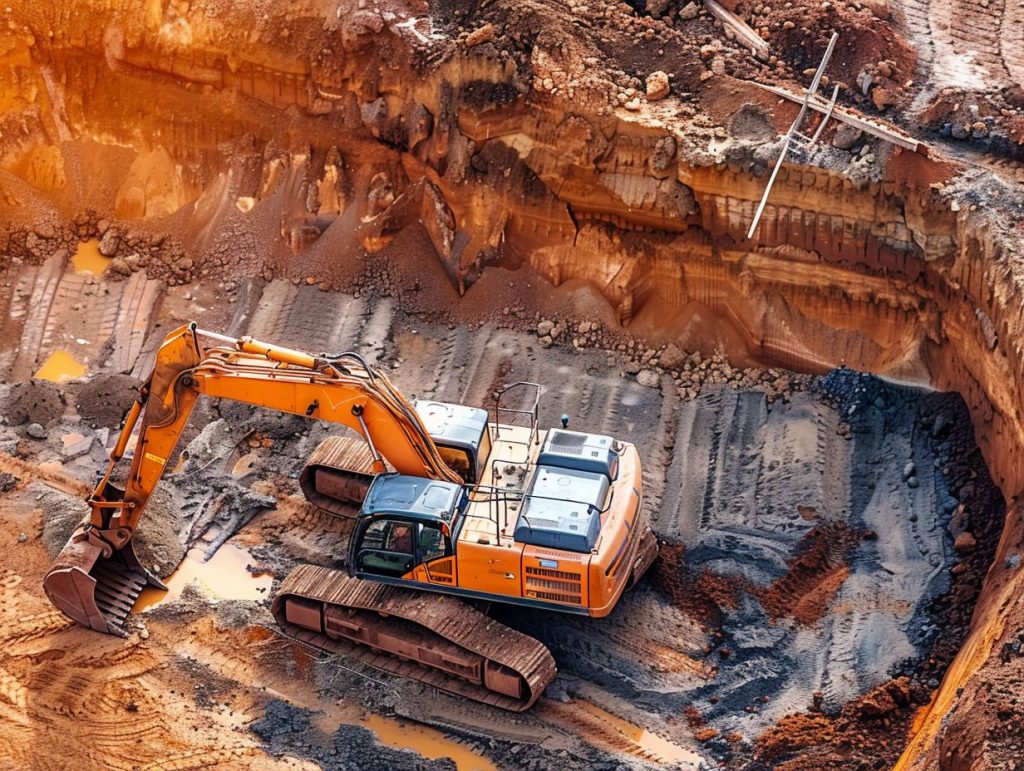 Hydrogen-powered excavators present potential applications that extend beyond construction, reaching into various industries that heavily rely on industrial equipment. Their integration is in alignment with sustainable energy production practices and supports eco-friendly construction methods.
Hydrogen-powered excavators present potential applications that extend beyond construction, reaching into various industries that heavily rely on industrial equipment. Their integration is in alignment with sustainable energy production practices and supports eco-friendly construction methods.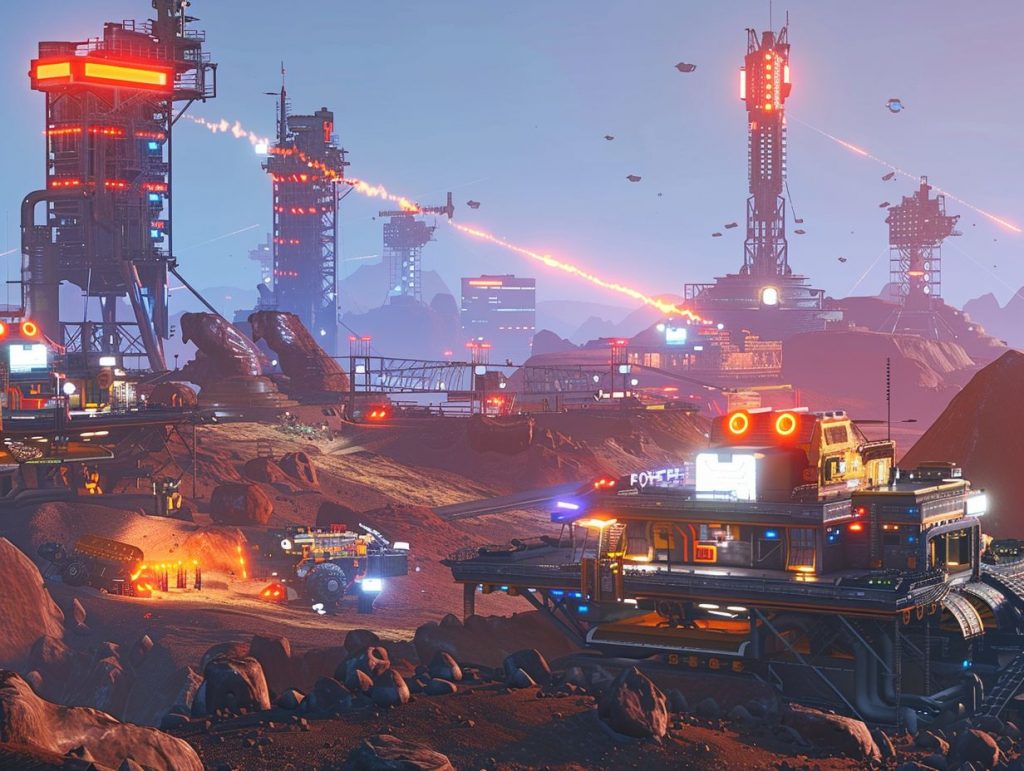


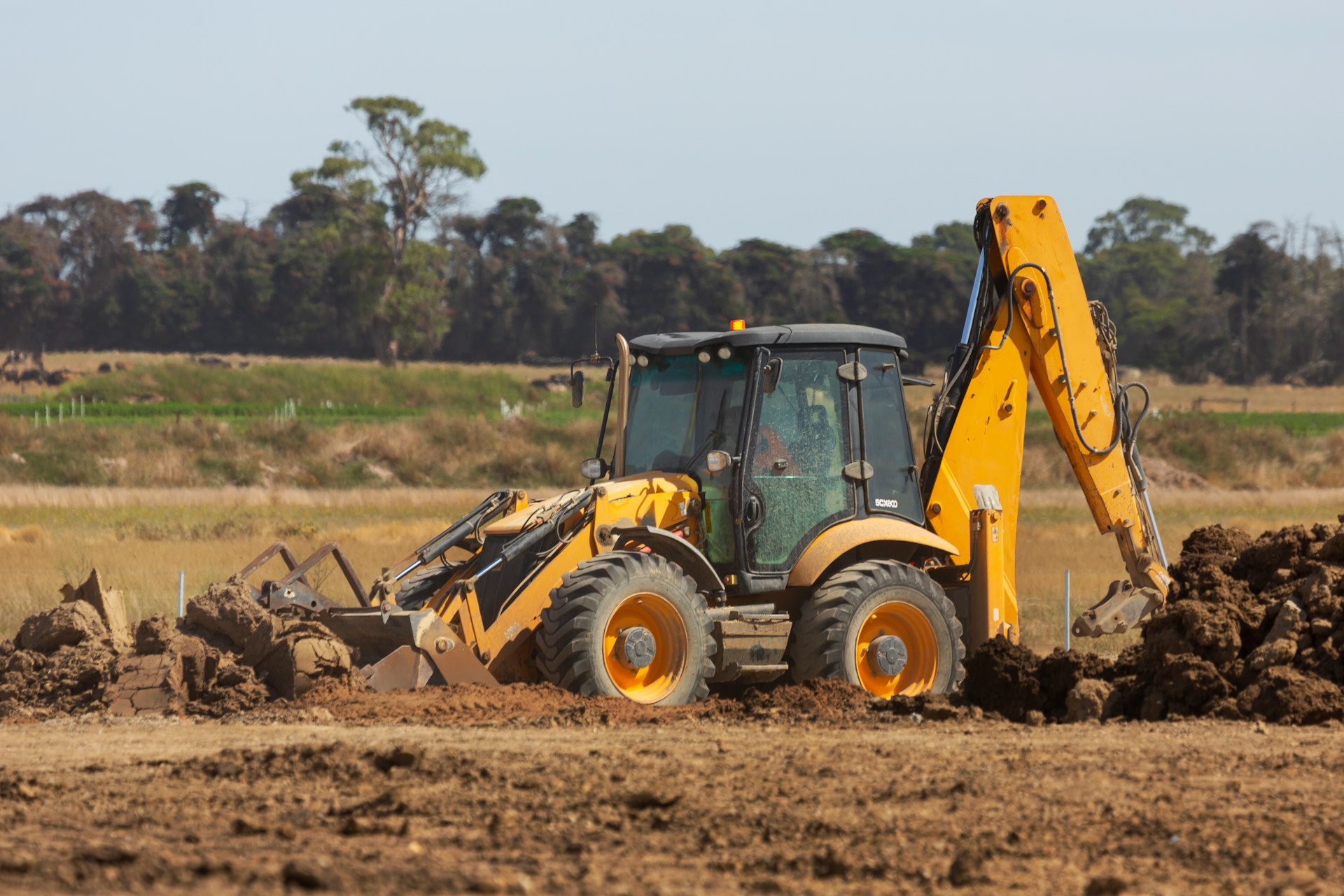

 How to Obtain Dry Hire Insurance
How to Obtain Dry Hire Insurance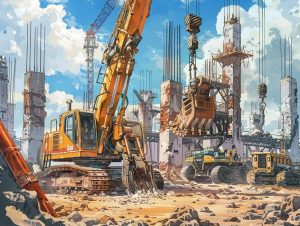


 Benefits of Scaling
Benefits of Scaling
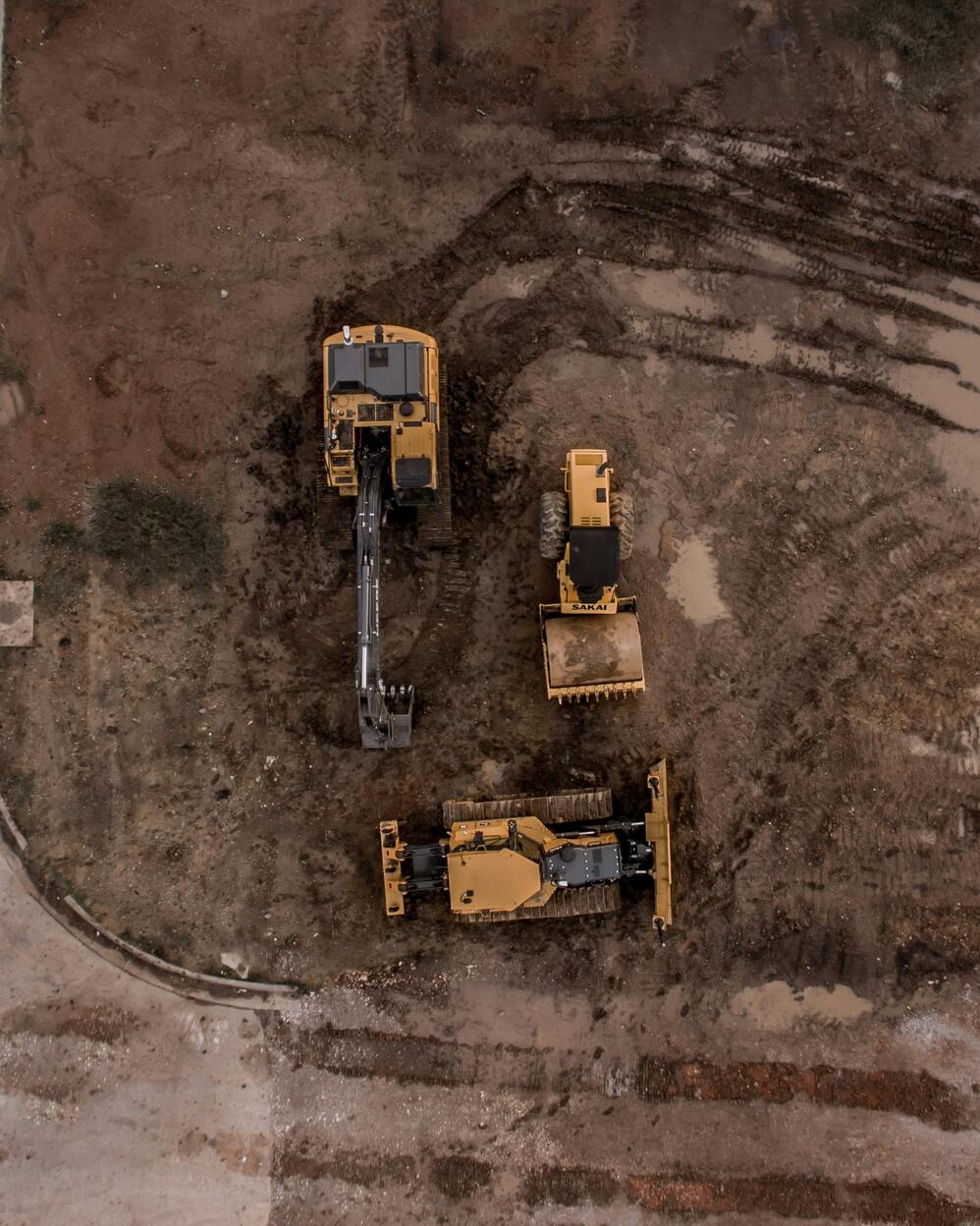
 conduct research and compare various providers, assess their experience in the industry, review feedback, and take into account factors like cost and coverage options.
conduct research and compare various providers, assess their experience in the industry, review feedback, and take into account factors like cost and coverage options.